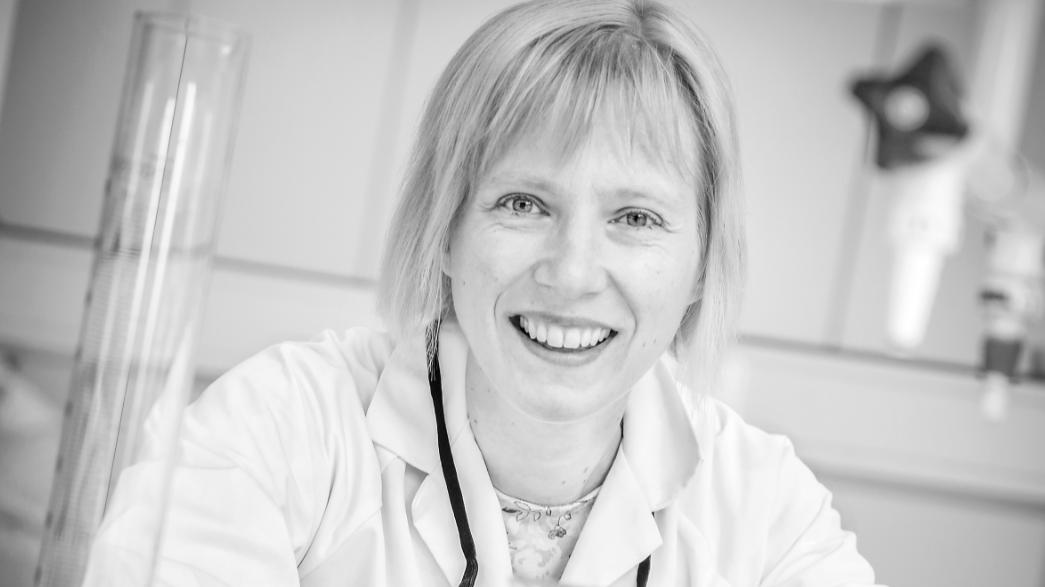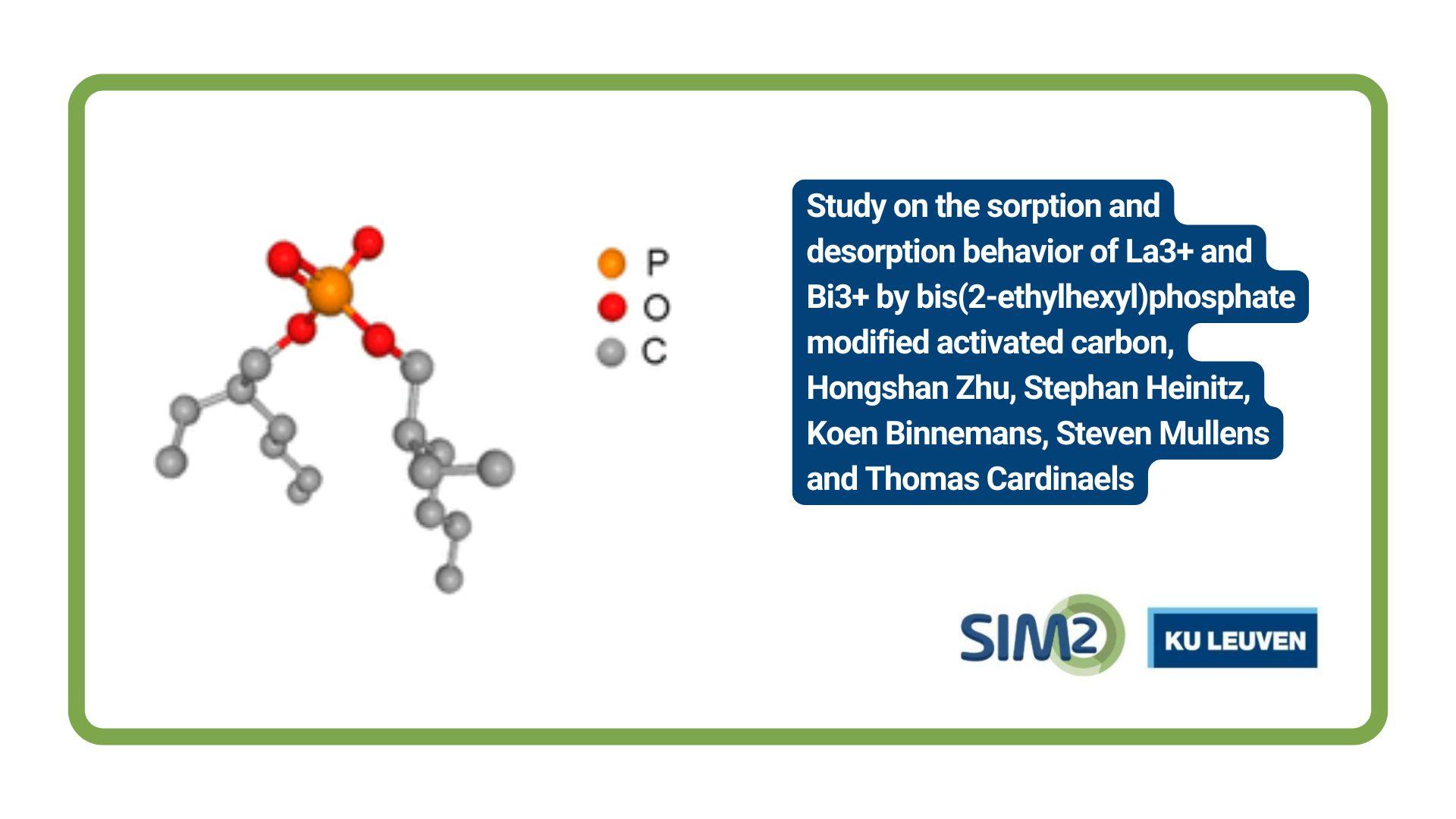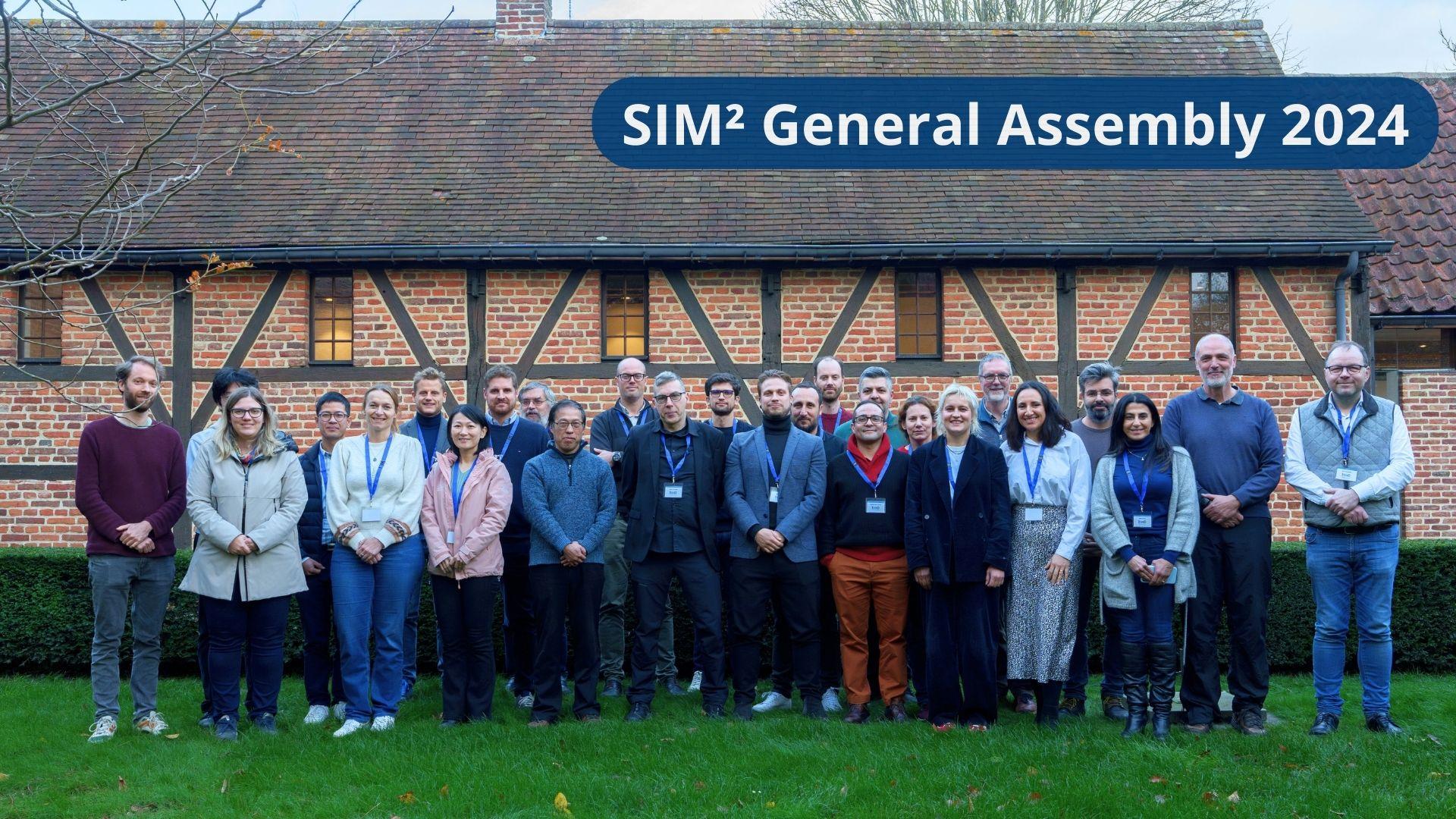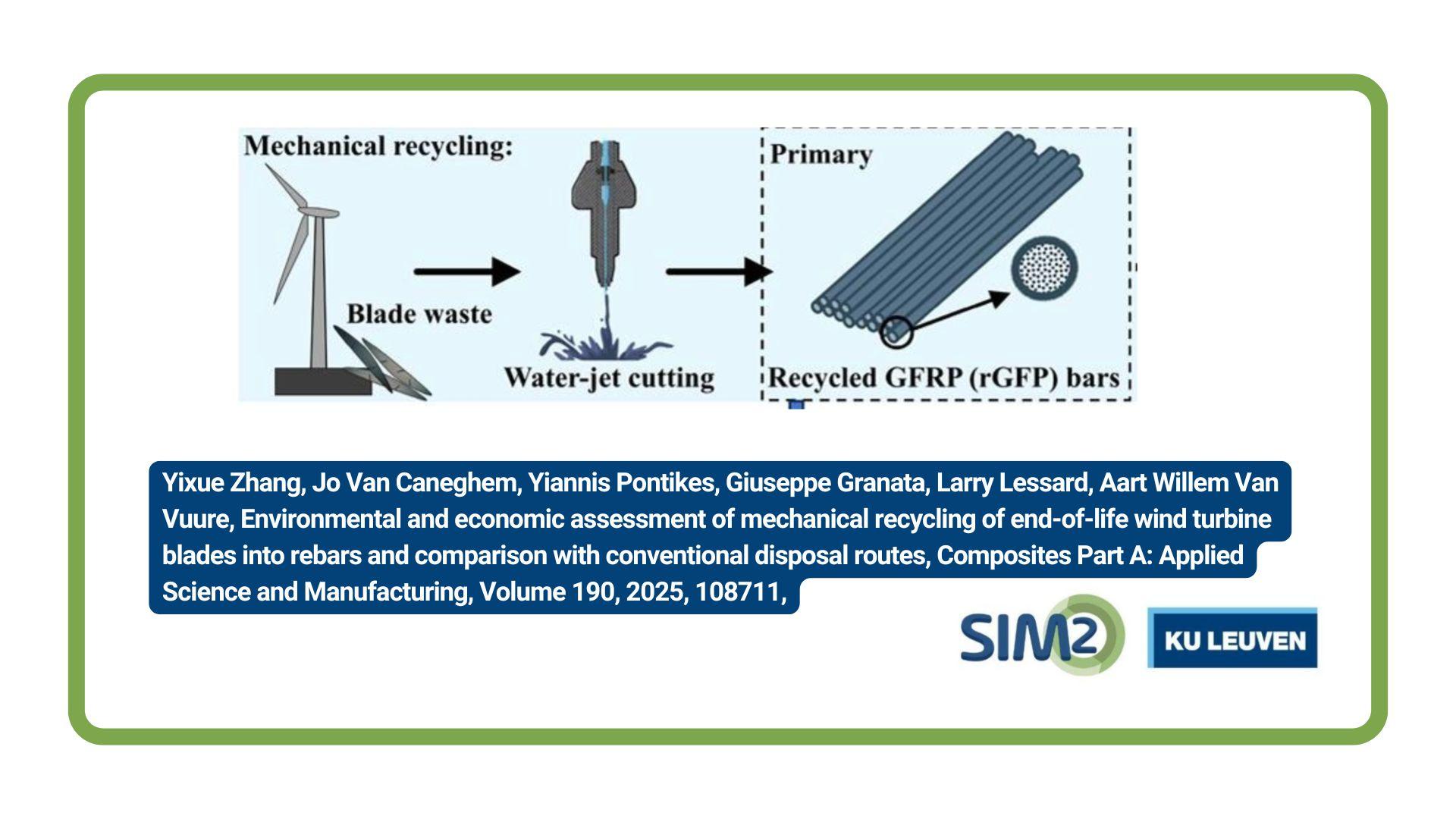Jo Van Caneghem is associate professor at the Faculty of Engineering Technology at KU Leuven Campus Group T, where she heads the research group ChEMaRTS, which focuses on material recovery from thermally processed non-recyclable waste. Find out more about her work in this latest SIM² KU Leuven interview. (Leuven, 10/2/2020)
How did you become a professor in Leuven?
This may sound strange, but it more or less happened by accident. Or you could call it serendipity. Because after my graduation, I started working in industry and didn’t even consider an academic career. Ten years later, however, I decided it was time for a career switch and started working as a research assistant at KU Leuven’s department of Chemical Engineering.
One thing led to another and before I realised, I started a PhD. This is when the research virus really caught me and I developed a keen interest in chemical and sustainability aspects of waste management. As a postdoc, I started lecturing the course “Environmental Technology” at campus Group T, which is now part of the Faculty of Engineering Technology. Over the years my curriculum expanded and in 2017 I got assigned as an associate professor.
What are the main topics you have been and are currently working on?
My PhD involved mainly LCA based sustainability assessment of industrial processes and regions. As a postdoc, I expanded my research portfolio by doing experimental work e.g. on the recovery of valuable materials from mineral wastes.
My current research focusses on increasing material recovery from thermally processed non-recyclable waste. One of the aims is to control the chemistry in thermal waste processing to enhance the recoverability of critical or valuable materials from the solid residues.
Specific research topics include chemical stabilisation of heavy metals in waste combustion ash in view of its use as building material and recovery of valuable raw materials from inorganic wastes, e.g. recovery of phosphorous from wastewater treatment sludge combustion ash through wet chemical extraction.
Another research topic is the parametric study of partitioning and speciation of elements of concern in waste combustion processes by means of experiments and a combination of CFD and thermodynamic modelling. Finally, my research also involves life-cycle-analysis and material flow analysis to optimise the sustainability end-of-life processes.
What attracts you in your research?
Being able to directly contribute to a better and more sustainable society, to do things that have never been done before and discover new aspects of material recovery.
If you had a time machine, what point in the past or future would you visit and why?
Any time before the beginning of mankind, just to experience pristine nature and inhaling clean air. Only for an hour or so though, I wouldn’t want to get eaten by some prehistorical predator or starve to death.
If you had plenty of time, what would you do?
I would finally learn how to play a musical instrument, learn to speak Italian, Spanish and Chinese, exercise more, visit my parents more often, start a vegetable garden, explore the cultural heritage in my region, try out a new recipe each day, take photography classes, enjoy the sun whenever it shines, work as a volunteer with young children, beat my family members at monopoly and so much more.
What is the strangest talent you have?
Difficult question, I’m a pretty ordinary when it comes to talents. Does always picking out the most expensive shoes count as strange enough?
Thank you for this interview. We look forward to creating new synergies with you and your Group.
**
Biography Jo Van Caneghem
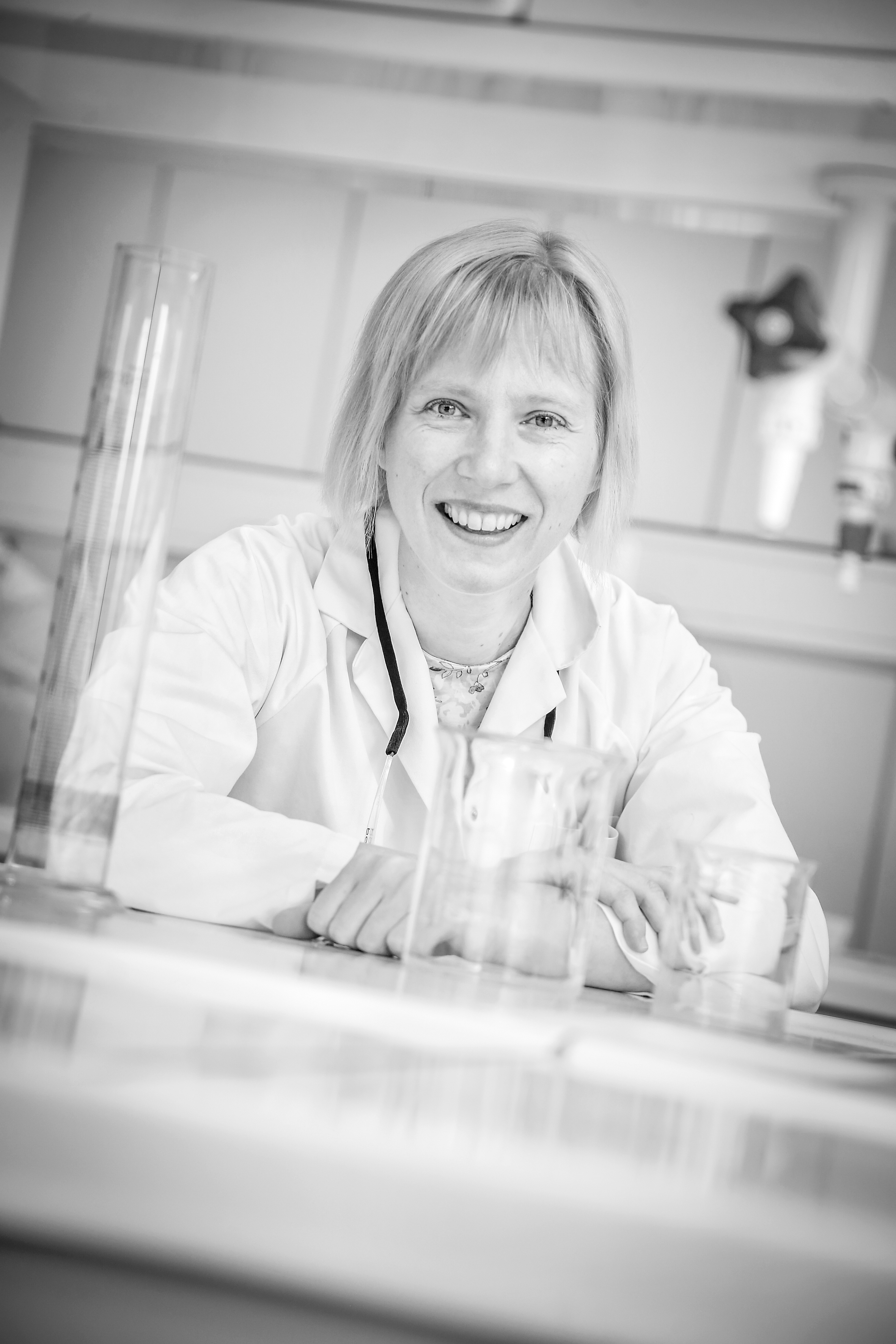 After obtaining her Master’s degree in 1994, Jo Van Caneghem worked for ten years in industry as a service and quality engineer. After that, she returned to academia and obtained a PhD degree in Engineering Science in 2011. As a postdoc she continued her research on solid waste treatment and management and started lecturing at campus Group T.
After obtaining her Master’s degree in 1994, Jo Van Caneghem worked for ten years in industry as a service and quality engineer. After that, she returned to academia and obtained a PhD degree in Engineering Science in 2011. As a postdoc she continued her research on solid waste treatment and management and started lecturing at campus Group T.
In 2017 she was appointed as associate professor at the Faculty of Engineering Technology where she heads the research group ChEMaRTS, dedicated to improve energy and material recovery in thermal systems by controlling the chemistry in the involved processes. More info on ChEMaRTS (" Chemistry for Energy and Materials Recovery in Thermal Systems") can be found here.
Jo Van Caneghem also lectures the courses “Environmental Technology”, “Applied Sustainability Assessment” and “Sustainable Energy Production” and supervises bachelor and master theses.
**
Interviews with other colleagues are available here: https://kuleuven.sim2.be/meet-our-colleagues/


